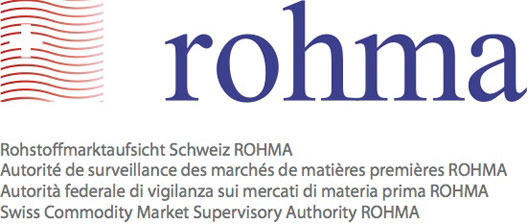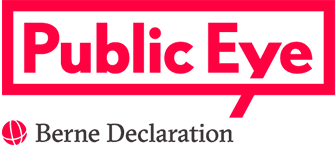The types of activities which require a license from ROHMA are set out at article 5 of the Commodities Act. These activities include: mining (incl. surface, sub-surface and in situ leaching), refining, smelting, transporting/logistics, drilling (e.g. for oil), farming, storing of commodities, extraction (e.g. gas), processing, trading in or distributing physical commodities.
The ROHMA authorisation process for commodity companies is as transparent as possible and normally begins prior to the submission of a licence application. ROHMA encourages all prospective applicants to make contact as early as possible in their planning process in order to discuss their proposed business. This will allow ROHMA to explain the process, requirements and expectations and to identify any issues that may adversely affect the application. Where an applicant firm is able to deliver a complete application with all the supporting materials, then ROHMA will work to complete the assessments and make a decision within two months.
The statutory deadlines for determining an application are: (i) 2 months for a complete application; and (ii) 6 months for an incomplete application. Common factors that can cause delays to an application are:
- an initial application submission that is either incomplete and/or of poor quality;
- the applicant company is either unable or unwilling to cooperate with ROHMA during the process or to comply with regulatory requirements (e.g. implementing key systems and controls, failing to provide detailed information on all business partners, etc.); and
- significant delays in responding to ROHMA’s questions and/or information requests.
Application Requirements
Involvement in the application process (both for new companies and for companies seeking to extend the scope of their activities) will typically require the ROHMA case officer(s), the company’s prospective supervisor post-authorisation, and any technical specialists that may additionally be required. During this stage ROHMA will want details on the following (as a minimum):
- Who the applicant is and what kind of entity it is/will be
- Who the owners and/or major capital investors are and what their country of origin is
- Whether the applicant is part of a larger group, and if so, what the group structure is
- Who the persons responsible for running the business will be and the proposed structure of the Board and senior management
- Details of the proposed business plan (includes any proposed extension of business), as well as findings from any human rights impact assessments or other results from due diligence processes on the prospective supply chain
- Details of all supply chain, human rights, environmental and anti-corruption policies and due diligence procedures
- Details of prospective business partners, including any due diligence carried out to assess the involvement of politically exposed persons at any point in the proposed supply chain
- Details of any licenses or permissions obtained, or copies of any contracts concluded
- Details of the products, target markets, delivery channels, pricing policy, and the corresponding regulated activities that will be applied for (e.g. trading, mining etc.)
- The applicant’s funding model
- Where relevant, the extent and results of any legal, political or other research undertaken on the location of the proposed activities
- Expected scale of operations with anticipated staffing levels
An application fee must be paid at the time of submission. When the application is received it will be acknowledged in writing.
Assessment
The assessment will consist of determining whether, if the applicant were to be authorised, it would meet ROHMA’s conditions both at authorisation and on an ongoing basis. This includes ensuring that:
- The company is capable of being effectively supervised by ROHMA, having regard to the nature and complexity of the proposed activities, its structure and the impact of links with other entities and individuals.
- The company’s non-financial resources are appropriate for the conduct of the regulated activities to be carried out. This includes proper operation and management given the scale and nature of the business, including appropriate policies, systems and resources to detect risks and to avoid committing any breaches of the law, and in particular the provisions of the Commodities Act and the Commodity Supervisory Authority Act.
- The company is suitable, meaning that it meets the requirement for proper business conduct, including the fitness, probity, competence and ability of the key individuals of the company who are already in place. The company’s strategy for doing business, including the viability of its business model, must be suitable for the intended regulated activities.
All applicants will have access to the ROHMA Licensing team, who are experts in assessing the applications received. The team is on hand to take applicants through the authorisation process and to ensure a seamless and integrated handover to the Supervision Division once the authorisation has been granted.



